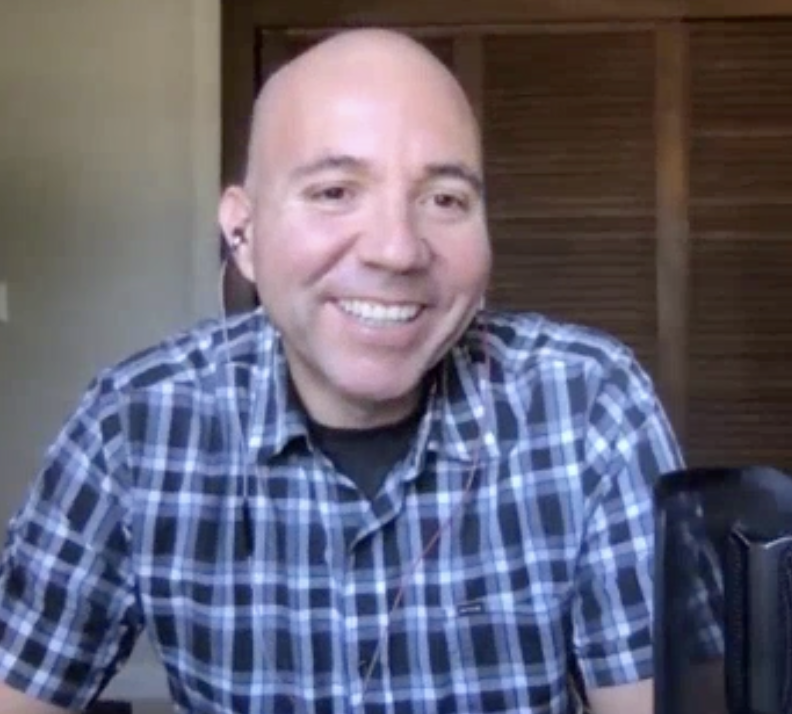 Are you curious on how to better understand the Catholic epistles and ways the early church read them?
Are you curious on how to better understand the Catholic epistles and ways the early church read them?
In Letters for the Church, Dr. Darian R. Lockett provides us with rich insights into early church theology and practice through a deep study into the seven letters of James, 1-2 Peter, 1-3 John, and Jude.
He provides fascinating insights into the background and context of each letter, and ways to see how these scriptural writings are thematically connected.
Each chapter outlines the author, audience, and genre of one of the epistles, traces its flow of thought, and explores shared themes with the other Catholic Epistles.
In this podcast, Dr. Darian Lockett discusses his conviction to write a book focused on the Catholic epistles. He shares different scholarly interpretations, thematic connections, and how to study these letters critically and devotionally. He also gives advice for those of us who struggle with difficult scriptures and ways to deal with scholarly debates on New Testament passages.
Darian R. Lockett (PhD, St. Andrews) is professor of New Testament at Biola University. His many publications include Letters from the Pillar Apostles, Understanding Biblical Theology, and An Introduction to the Catholic Epistles.
I pray this conversation encourages us to better students of scripture.
You can subscribe or download this episode on iTunes, Spotify, Google Podcasts or Stitcher. You can also subscribe to the video series on YouTube.
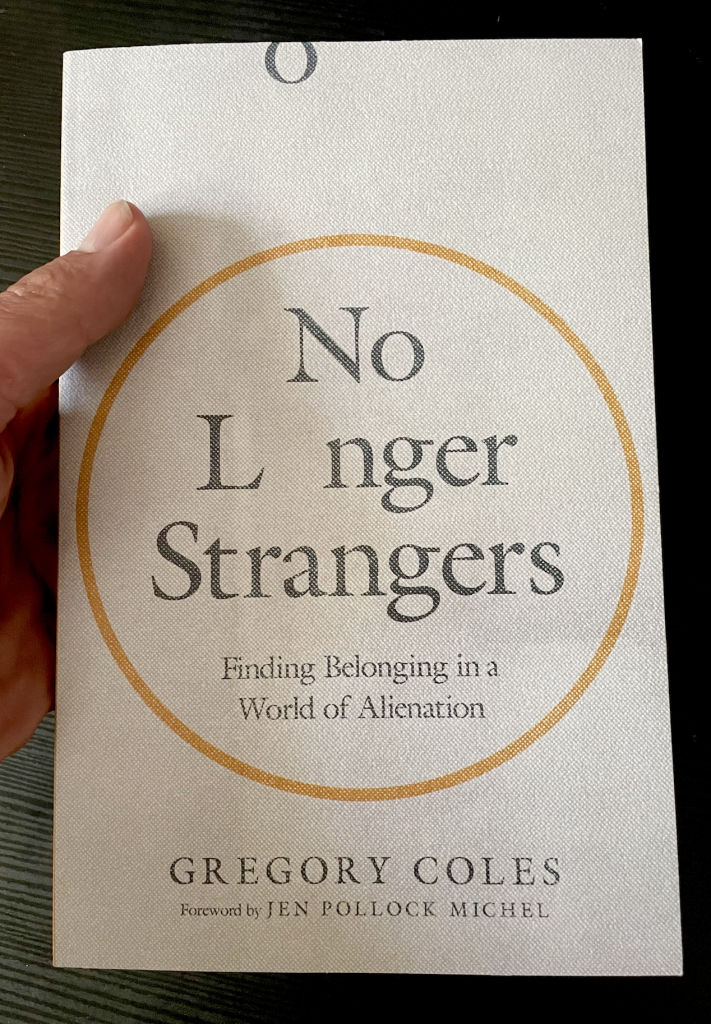 During this podcast season, we’ve been exploring ways our ethnic identity, church traditions and personal experiences can impact our theology, scriptural understanding, and the churches we attend.
During this podcast season, we’ve been exploring ways our ethnic identity, church traditions and personal experiences can impact our theology, scriptural understanding, and the churches we attend.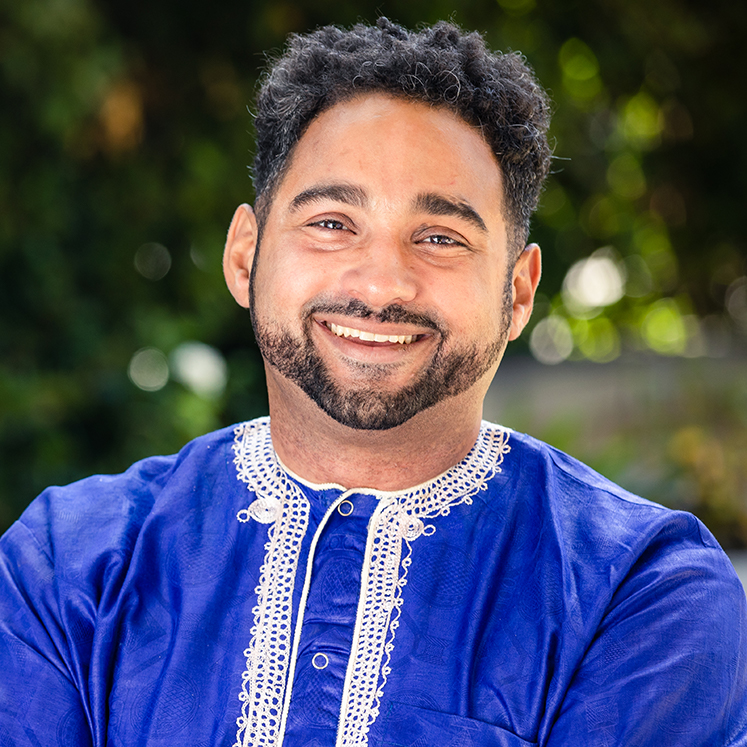 Most of the theology and church history that I’ve studied (and been exposed to) was passed along from the Western church tradition.
Most of the theology and church history that I’ve studied (and been exposed to) was passed along from the Western church tradition.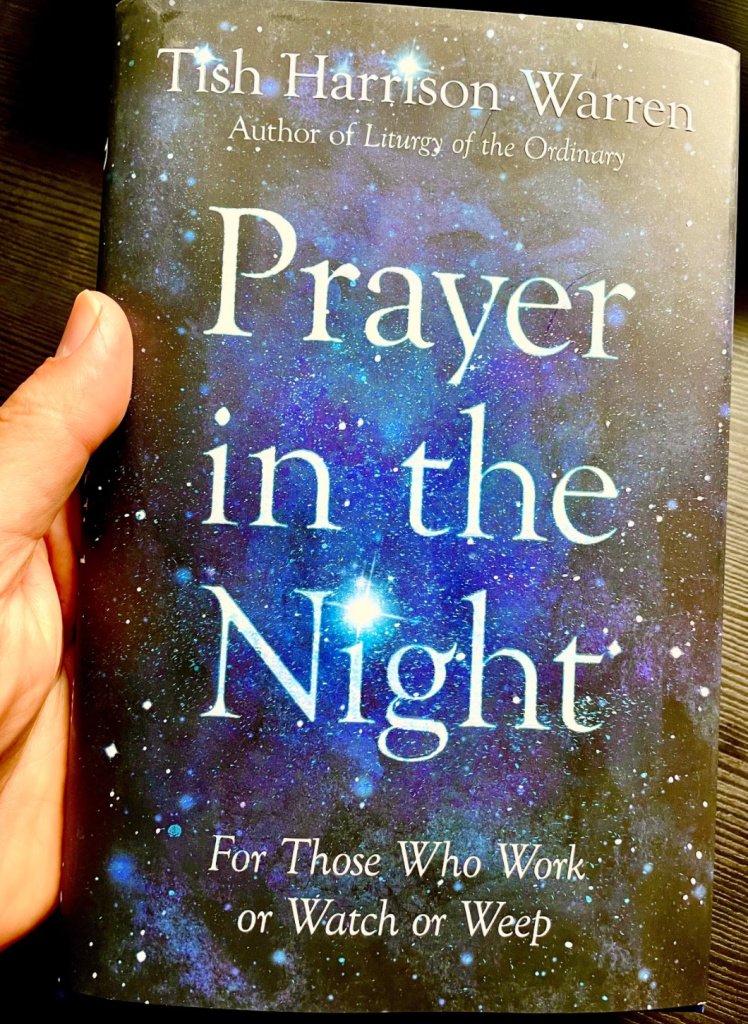 It’s been a tragic and painful year for many of us.
It’s been a tragic and painful year for many of us.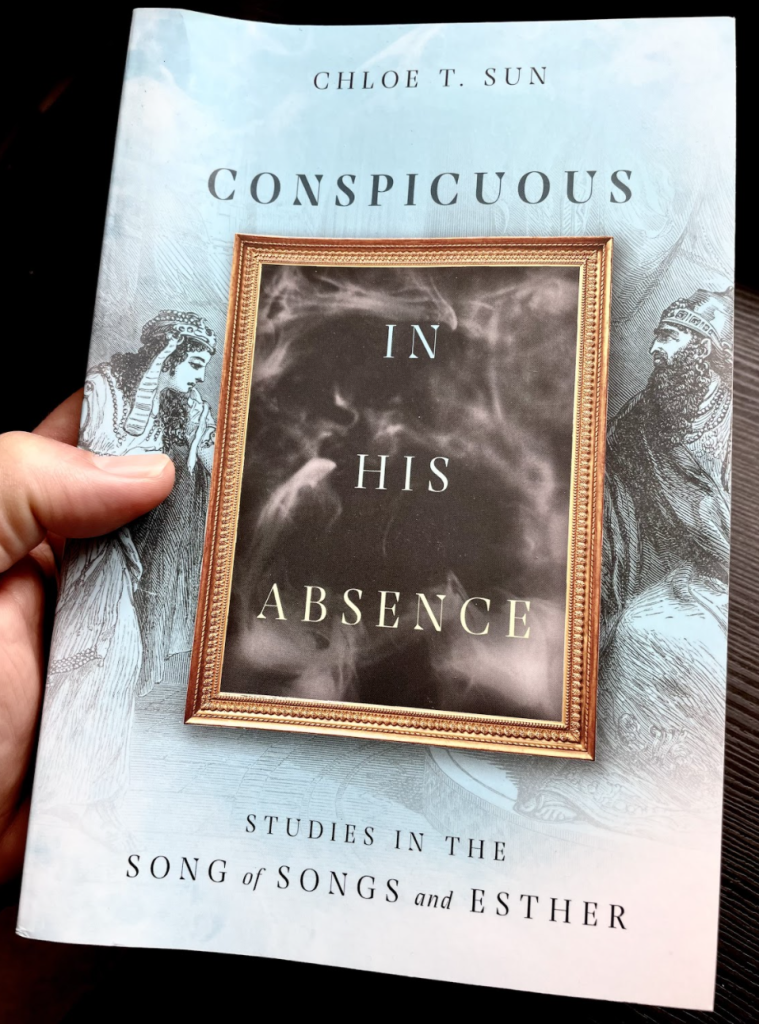 How do you handle those spiritual seasons when God doesn’t feel present in your life?
How do you handle those spiritual seasons when God doesn’t feel present in your life?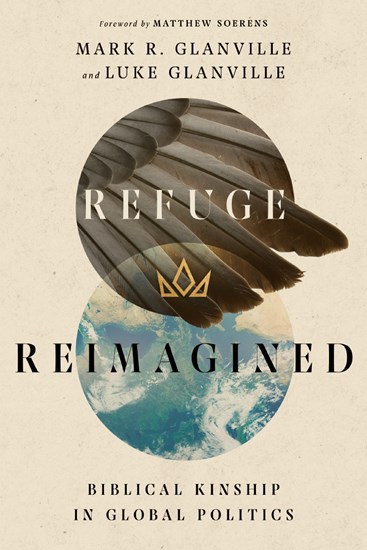 The topic of immigration is a huge theme in our Hebrew Bible & New Testament scriptures.
The topic of immigration is a huge theme in our Hebrew Bible & New Testament scriptures.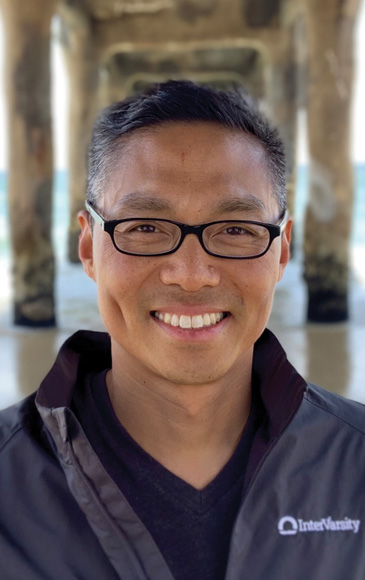 A few months ago, I had an opportunity to take a
A few months ago, I had an opportunity to take a 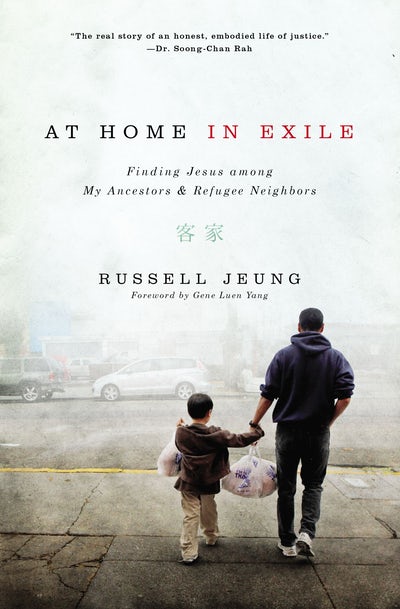 We’ve been examining the ways our theology and personal faith evolves — and how oppression, disability, trauma and racism can shift the way we understand God, our scriptures and ourselves.
We’ve been examining the ways our theology and personal faith evolves — and how oppression, disability, trauma and racism can shift the way we understand God, our scriptures and ourselves.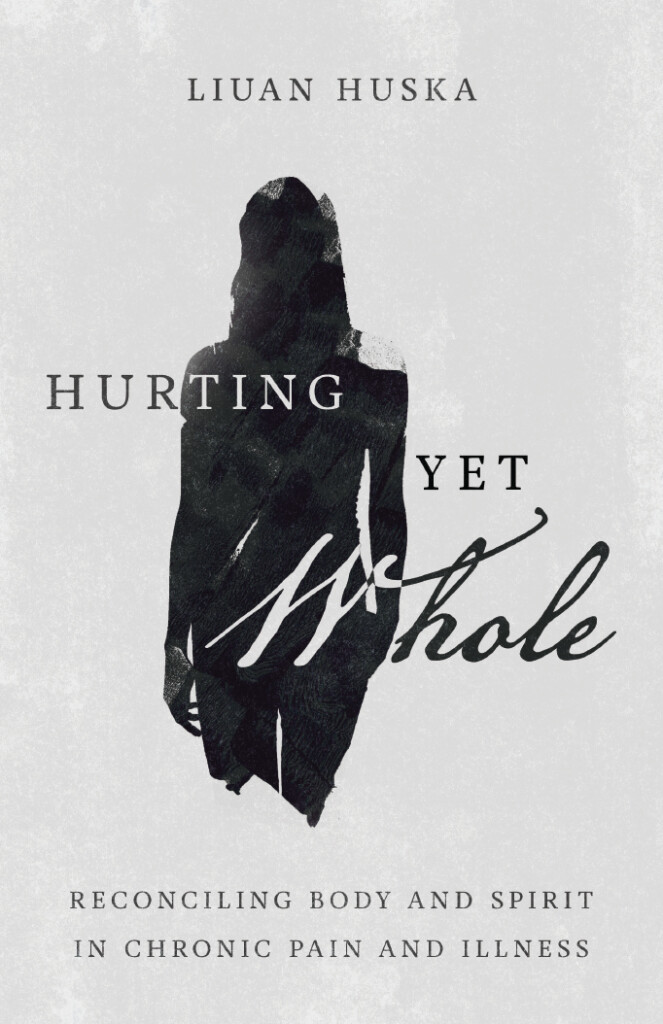 Our faith in God can crumble during times of tragic pain and illness.
Our faith in God can crumble during times of tragic pain and illness.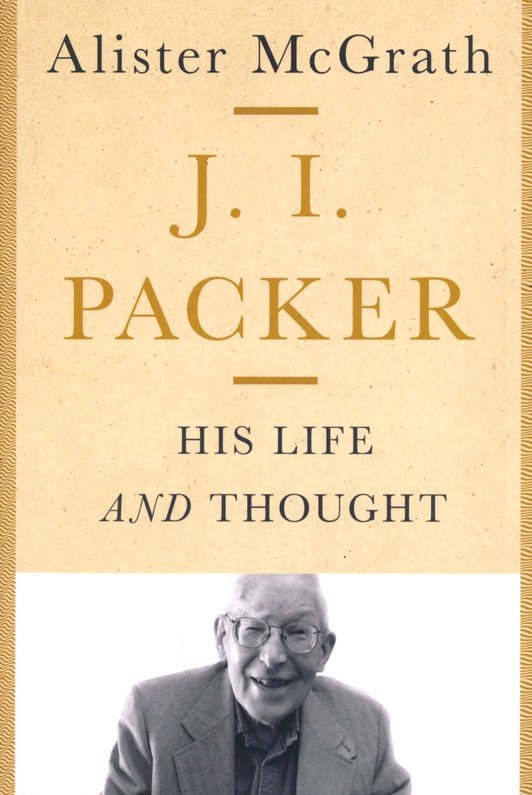 We’re honored to learn from
We’re honored to learn from 
